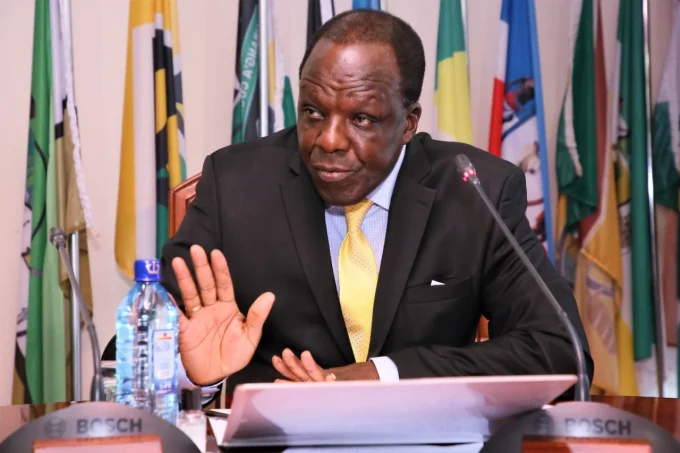As the world continues to become more digitized, building an inclusive world in which the digital economy works for everyone is crucial. A new research highlights the strengths and opportunities of six major countries in Africa for harnessing the true potential of technology to drive inclusive growth.
With financial support from the Mastercard Impact Fund, the African Leapfrog Index (ALI) – launched during the World Economic Forum on Africa – uses Egypt, Ethiopia, Kenya, Nigeria, Rwanda, and South Africa to provide insights on key drivers that could accelerate digital inclusion across the continent.
The ultimate aim of the report – a collaboration between the Mastercard Center for Inclusive Growth and The Fletcher School at Tufts University – is to help countries across Africa optimize their burgeoning digital evolutions to accelerate economic development.
The countries were selected based on their size, economic growth, the median age of residents, quality of governance, and digital momentum.
There are many reasons to be optimistic about the transformational potential of digitalization in Africa. According to the African Leapfrog Index, Kenya, for example, has seen the greatest amount of digital change over the past decade of all African countries studied, and currently has over 80% internet penetration.
The country’s potential to leapfrog will benefit from leveraging this digital change to nurture jobs in the digital economy, such as online freelance, ridesharing, and in e-commerce.
With nearly 50 million people added to the labour force in the next few years, most of whom will fall somewhere on a spectrum between digitally sentient and digitally sophisticated, the digital economy is poised to be not just the driver of consumption but also of livelihoods.
South Africa has been highlighted in the research for its ease to create highly skilled digital jobs, primarily driven by strong consumer demand and an institutional environment with friendly regulations. Expanding the integration and use of digital technologies across all segments of society, particularly to those who sit at the lower end of the pyramid, will help the country tap into the full potential of this environment.
“Digitization has the greatest potential to overcome infrastructure barriers to accelerate inclusive economic growth across multiple sectors of the economy,” said Raghav Prasad, Divisional President, Sub-Saharan Africa, at Mastercard.
He said independent research like the African Leapfrog Index equips policymakers and community leaders with data-driven insights to inform economic development. It can also help other key stakeholders across all sectors better understand the opportunity for – and pathways to – digital inclusion on the continent.
Read Also: How the internet can be used to predict power outages
The six countries were examined against three primary variables for harnessing digital technologies to facilitate development and inclusive growth: “Ease of Creating Digital Jobs, Resilience of Governance and Infrastructure” and Foundational Digital Potential.”
Speaking on the findings of the research, Prof Bhaskar Chakravorti, Dean of Global Business at The Fletcher School at Tufts University said, the African Leapfrog Index is intended to help countries and stakeholders in Africa recognise where the potential for technology-led leapfrogging is high.





![Interior PS Dr Raymond Omollo during a consultative meeting with Japan International Cooperation Agency (JICA) Kenya Chief Representative Shinkawa Makoto. [Photo/Dr Raymond Omollo/Facebook]](https://businesstoday.co.ke/wp-content/uploads/2026/02/Ray-200x133.webp)







Leave a comment